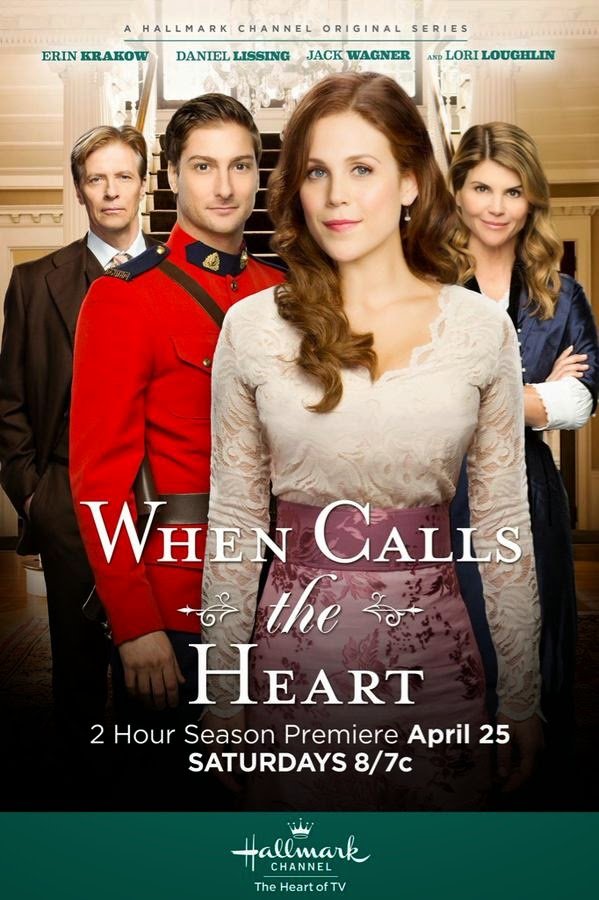
By Gavin Boyle
Toby Kebbell explained how his character in BEN-HUR reveals how forgiveness plays out in real life, not only for the one asking for forgiveness but the one receiving it as well.
“The beauty of playing someone like Messala, in fact, what drew me to [the role] was that he gets to that point where he gets to be truly repulsive in the sense of the forgiveness comes from this pride. That is such a rich thing to play,” Kebbell told Movieguide®. “I had such a big long discussion with the producers and the directors, everybody, was like, ‘Wait, that’s really heinous. Like, that’s the worst thing he could possibly do.’ But I really, truly felt it was necessary to expose the gross behavior.”
In the movie, Kebbell plays the villain who betrays his brother and allows him to be sentenced to slavery despite knowing he is innocent of the crime he is persecuted for. Later, they meet at rivals, and Kebbell’s character uses underhanded tactics to attempt to defeat his brother in a chariot race, ultimately, however, the two make up and end the movie treating each other as family again. A portion of Movieguide®’s review reads:
BEN-HUR is a big-budget, 2016 remake of the beloved 1959 classic starring Charlton Heston. It features Jack Huston in the title role of the Jewish prince, Judah Ben-Hur, who runs afoul of his Roman friend, Messala. In this version, a wounded zealot Judah helped rescue from certain death betrays him and tries to kill Pontius Pilate as Pilate rides into Jerusalem with his army. Messala imprisons Judah’s wife and mother and turns Judah into a slave, but Judah’s wife escapes. Eventually, Judah gets free and returns to Jerusalem. Will Judah himself pursue revenge or forgiveness against Messala?
“I think [BEN-HUR] will introduce a lot of people to their hope again, you know, and realizing that you have to accept forgiveness,” Kebbell told Movieguide® when asked about the movie’s faith aspects. “It’s not just to be forgiven, you have to be able to accept and be willing to accept somebody forgiving you of terrible things you may have done.”
Ultimately, Kebbell’s character is forced to give up his pride in order to allow his past actions to be forgiven and to repair his relationship with his brother.
Related: Ben-Hur: The Story Behind the Book that Inspired the Movies
“[My] character is more the belief that he needs to be respected. He has this desperation for respect…” Kebbell explained. “I think through that kind of selfish ambition – which isn’t necessarily the worst thing but it can become poisonous – he comes back and he makes a terrible mistake.”
The lesson learned from Kebbell’s character is one of the things that makes BEN-HUR such a great movie for Christians to watch this Easter season as the reflect on the death and resurrection of Christ.
Read Next: 10 Movies About the Life of Jesus to Watch This Easter



 - Content:
- Content: 

